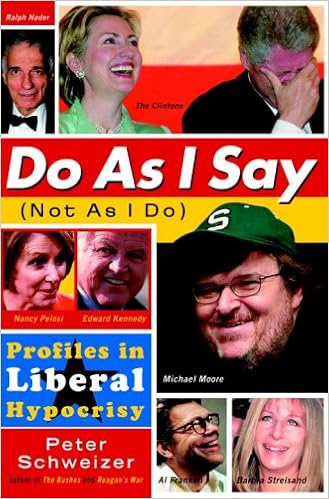
They are known as the “Paris Plages,”writes the Washington Post's James McAuley —
three summertime beaches installed on the banks of the Seine and along a city canal, complete with imported sand, potted palm trees and ice cream stands. Children build sandcastles that won’t be swept away by tides; their parents sunbathe in swimsuits that will never get wet.
When the city in 2002 proposed what would become an annual event, the idea was simply to offer a vacation to those who didn’t have the luxury of leaving town for one of their own. But in their 15th summer, the beaches have come to represent more than an urban escape: They offer a vision of the French capital as a shared public space, a testament to civic goodwill that offsets the image of a city encircled by troubled suburbs and torn by racial and economic segregation.
In theory, at least, everyone is welcome at the beaches.

This year, however, in the aftermath of the Nice attack and, on Tuesday, the murder of an 85-year-old priest in a Normandy church, that sense of community is under threat. The Paris Plages have already been identified as the next potential target for yet another attack, after two in the city in January and November. As she officially opened the attraction Wednesday, Mayor Anne Hidalgo announced that concrete blocks, fences and vehicles would be set up along the riverside promenade near the beaches to “prevent a vehicle entering in the style of the Nice attack.”
Her announcement came before the revelation that national police had not necessarily been stationed at the entrance to Nice’s Promenade des Anglais, where Mohamed Lahouaiej Bouhlel drove a 19-ton truck into crowds gathered to celebrate Bastille Day on July 14, killing 84 and injuring more than 300.
Hidalgo has gone even further. Several other events associated with summer in Paris — a basketball tournament in the Bois de Vincennes, outdoor film screenings in city parks and the temporary transformation of the Champs-Élysées boulevard into a pedestrian zone — have all been canceled after the Nice attack. This year, it seems, there is just the beach.

And the beaches themselves are an eerie reminder of Nice. The sand and the palm trees evoke the general aesthetic of the French Riviera and the same sense of joie de vivre that was targeted there. The promenade at the Paris Plages, while smaller than the one at Nice, is a similar pedestrian thoroughfare packed with vulnerable passersby who can get away only as fast as their feet can carry them. Above all, there is the specter of Tunisia, the theme of this year’s six-week-long beach event and the home country of the Nice attacker.
According to the Paris prosecutor, three of the other suspects detained in connection with the Nice attack were also either Tunisian or Franco-Tunisian.
The theme, chosen long ago, is an obvious one in some ways. After France's brutal conquest of Tunisia in 1881, the two countries have been inextricably entwined, a tie that has persisted long beyond Tunisian independence in 1956.
… Despite the French government’s decision to extend the state of emergency it imposed after the Nice attacks, ordinary Parisians have not avoided their city’s summer celebration. Quite the opposite.
“You have to live your life, because it can happen anywhere,” said Justine Roussillon, a 22-year-old student, referring to the type of terrorist attacks that shook the capital last year. She and Florent Scieir, 21, were reclining in two canvas chairs set in the sand. Scieir nodded his agreement.
“Living your life,” he echoed. “It’s better than staying at home.”





